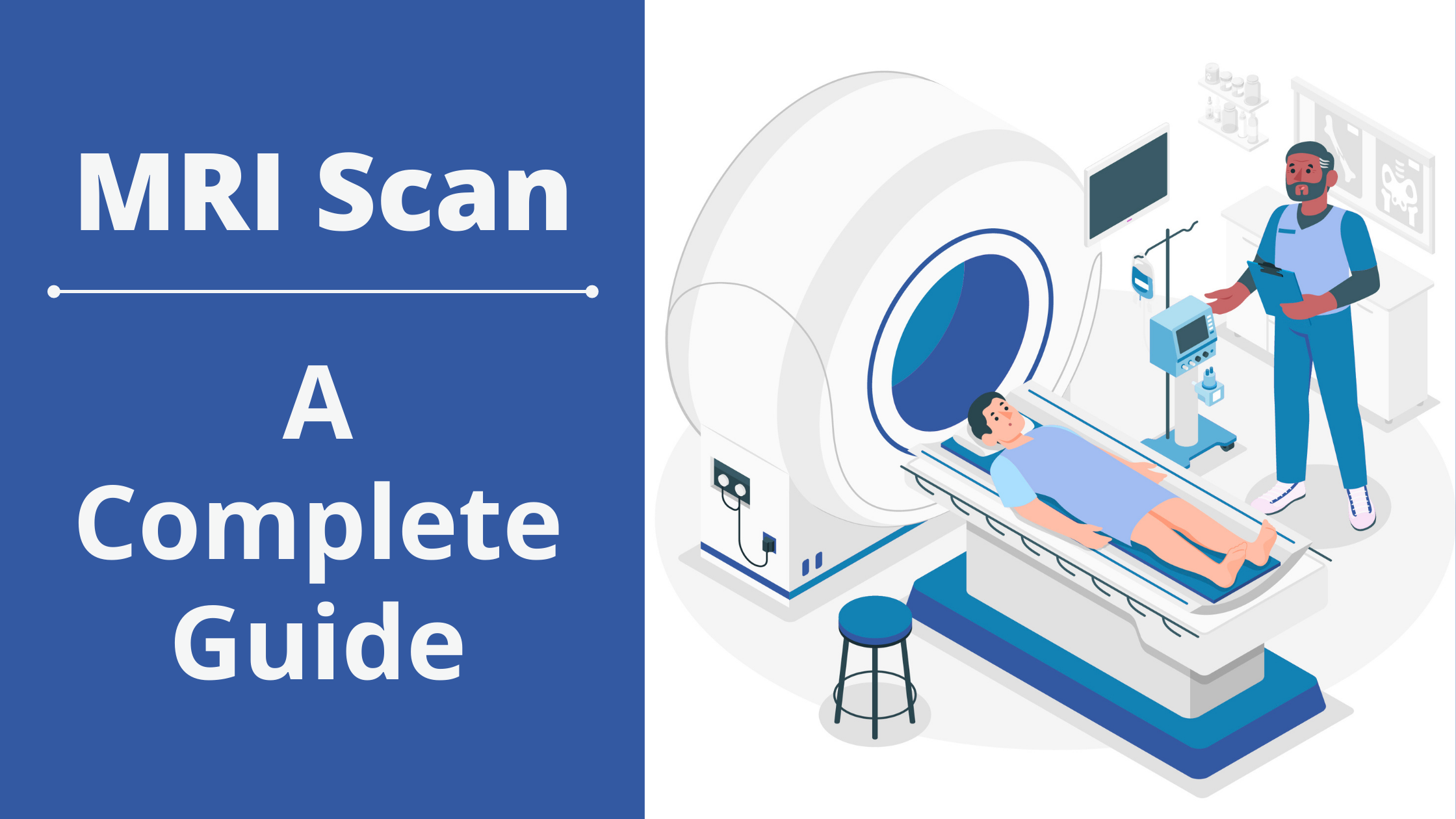
MRI is an essential invention for doctors and researchers in the field of medicine. Because of that, doctors can diagnose health problems more accurately and effectively.
Magnetic resonance imaging (MRI) uses magnetic fields and radio waves to produce images of the soft and hard tissues to diagnose abnormalities in the body.
Unlike X-rays and CT scans, MRI is more effective in detecting underlying health disorders related to human organs.
The following are some of the conditions that an MRI can easily detect:
These results are very helpful for diagnosing underlying health conditions, treatments, and previous injuries to any part of the patient’s body.
What is Magnetic resonance imaging (MRI)?
Magnetic resonance imaging (MRI) uses strong magnetic waves, radio waves, and computers to generate images of the inside of the human body organs. It is useful for detecting images of tumors or underlying health conditions in the body.
Functional magnetic resonance imaging is a type of MRI for the brain that reads the activities and movements of the human brain.
Functional magnetic resonance imaging (fMRI)
Functional magnetic resonance imaging or functional MRI (fMRI) is a unique radiology technique for examining brain activities.
fMRI reads the abnormalities or dysfunctionality of the nervous system which involves functions of the brain-like speaking, movement, sensing, or planning.
It also helps in determining neurodegenerative diseases (when cells of the nervous system completely stop working) like Alzheimer's, early Parkinson’s, etc.
Some facts related to MRI
Uses of MRI
The invention of the MRI scan plays a big role in the medical world, as now doctors and researchers can inspect internal body organs in a detailed manner.
The following are examples in which MRI scanners are potentially useful.
Certain precautions must be followed when doing an MRI:
a ) Artificial pacemakers.
a ) Heart valves.
a ) Aneurysm clips.
How It Works:
The MRI machine is like a hollow tube. When a patient lies on the bed, it slides under the scanner, which contains magnets.
When the patient is ready for the procedure, the radiographer switches on the scanner, and radio waves pass through the body of the patient, which creates radio signals.
Protons in the body get aligned on one side, and after some time, they realign themselves.
These radio signals are captured by the radiographer for a detailed image.
We now understand what MRI is, what it can do, and how it works.
MRI at Medimax imaging centre:
Serving for the past 20 years in the field of medicine, Medimax imaging centre is a leading imaging centre in Ahmedabad working with a motto of "Never compromise on quality and service."
Services we offer:
All of the following services are available at Medimax:
At Medimax, we have a team of highly qualified doctors and experienced staff who are working 24/7 to give the best results to patients.